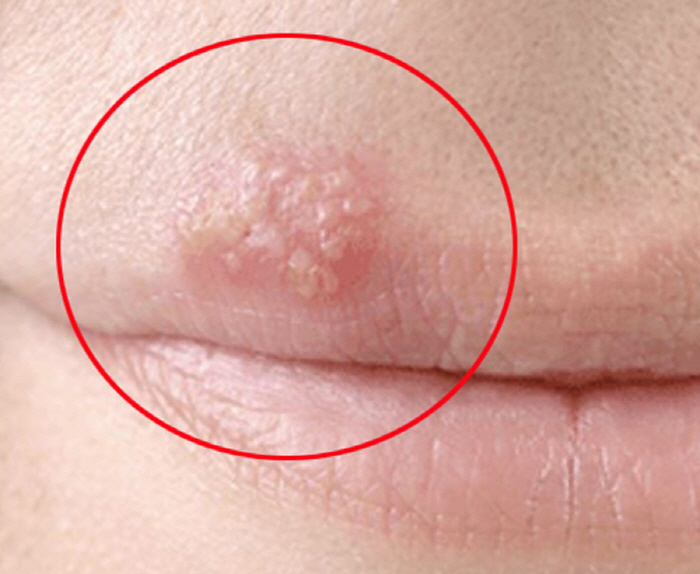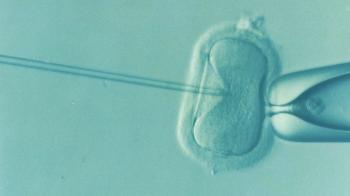Herpes Virus Infection Approximately Doubles Risk of Alzheimer's Disease
May 21, 2025
|
However, treatment with antiviral drugs has been shown to reduce the risk of developing Alzheimer's disease.
A joint team of researchers at the University of Washington Medical School and pharmaceutical company Gilead Sciences published the findings in the SCI-level international journal BMJ Open.
The researchers compared 344,628 patients diagnosed with Alzheimer's between 2006 and 2021 with the same number of subjects without a history of diagnosis.
As a result, 1507 patients (0.44%) with Alzheimer's disease had been infected with herpes virus type 1 (HSV-1), and 823 (0.24%) in the control group had a history of HSV-1 diagnosis.
About two-thirds (65%) of patients with Alzheimer's disease were women, with a median age of 73.
However, patients who used antiviral drugs to treat HSV-1 were 17% less likely to develop Alzheimer's disease than those who did not.
Of the 2330 patients with a history of HSV-1 infection, 931 (40%) used antiviral drugs after diagnosis.
The researchers described "HSV-1 as associated with the development of Alzheimer's disease and showed that antiviral therapy could potentially be protected against Alzheimer's disease and related dementia."
However, this study did not reveal exactly how HSV-1 can increase the risk of Alzheimer's disease.
In response, the researchers reported that "There are existing studies showing that inflammatory changes in the brain caused by HSV infection play a pivotal role in the development of (Alzheimer's disease)."
This article was translated by Naver AI translator.














